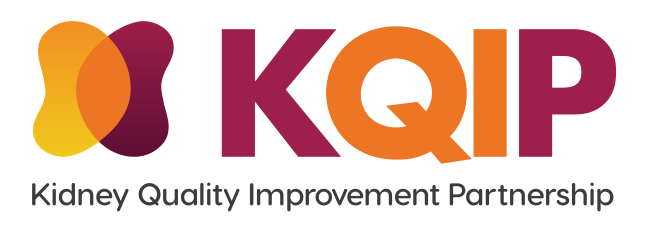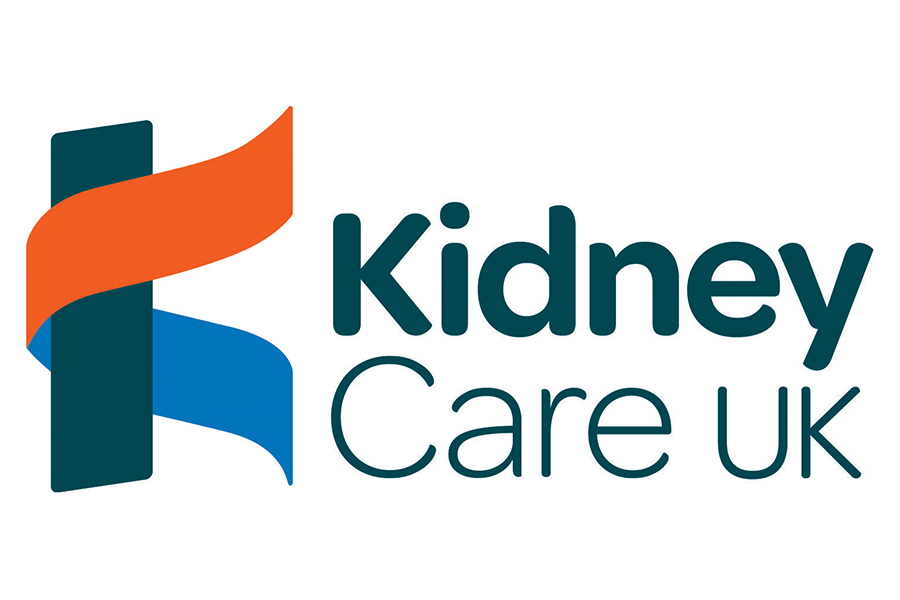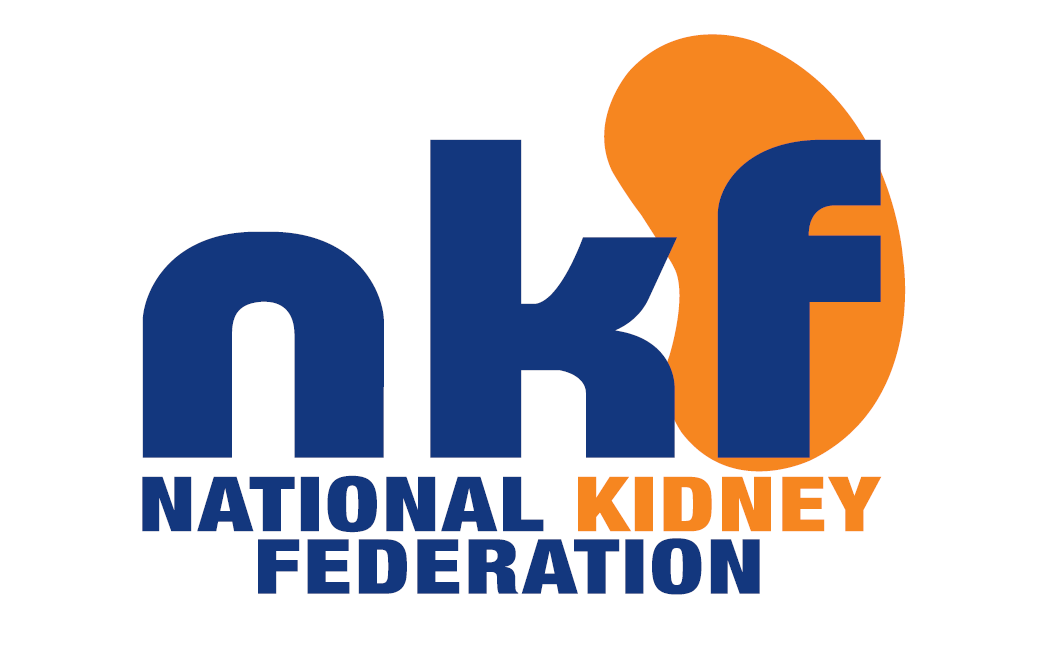Haemodialysis
It is possible to run a very large dialysis program with a very small team but this is not a long term option… You need to keep communicating with patients and staff…keep all your documentation up to date as things will change quickly.
University Hospitals Birmingham, haemodialysis team
I worry about my nurses becoming sick, the supplies not arriving, having to go to a different centre, cutting down sessions and trying to manage fluids. Will my EMLA cream run out, what if I catch COVID-19, would I, as extremely vulnerable, get a respirator?
Haemodialysis patient, UK
How is your unit managing to dialyse COVID-19 suspected, or COVID-19 positive patients?
If you need to reduce dialysis prescriptions, how is this done safely?
How does your unit make space to allow for social distancing?
People receiving haemodialysis for end stage kidney disease are classified as extremely vulnerable to infection from COVID-19. Some dialysis units experienced significant outbreaks in groups of patients who received dialysis at the same time, suggesting that transmission may have occurred in the dialysis unit. There were also high levels of COVID-19 infection amongst staff working on dialysis units.
Dialysis staff and patients therefore had the major challenge of adjusting their practices in order to protect themselves and each other from COVID-19 infection. Dialysis units across the country rose to this challenge and put in place innovative changes to keep patients safe whilst delivering this life-sustaining treatment.
Do you have experience of managing COVID-19 in a haemodialysis unit?
Add your voice to this learning community!
Be it a personal reflection, an innovation you are proud of or something you have learnt, get in touch by completing this short and easy form, or email your story in your own words to kquip@renalregistry.nhs.uk.
Shared learning
- Protecting people on in-centre haemodialysis
Review of London kidney teams’ response to COVID-19 - Learning from one Haemodialysis unit’s transformation in response to COVID-19
University Hospitals Birmingham - Initial impact of COVID-19 on dialysis provision: International guidelines and adaptation of a hub unit’s service
Aintree University Hospital, Liverpool - COVID-19 learning from London: Practice patterns for patients requiring maintenance haemodialysis
A PAN London clinical experience - Installing social distancing screens
Salford Royal Hospital
Useful links
Example protocols and documents
- Protocol for patients starting haemodialysis
Birmingham Hospitals NHS Foundation Trust - Haemodialysis staff training document
Birmingham Hospitals NHS Foundation Trust



